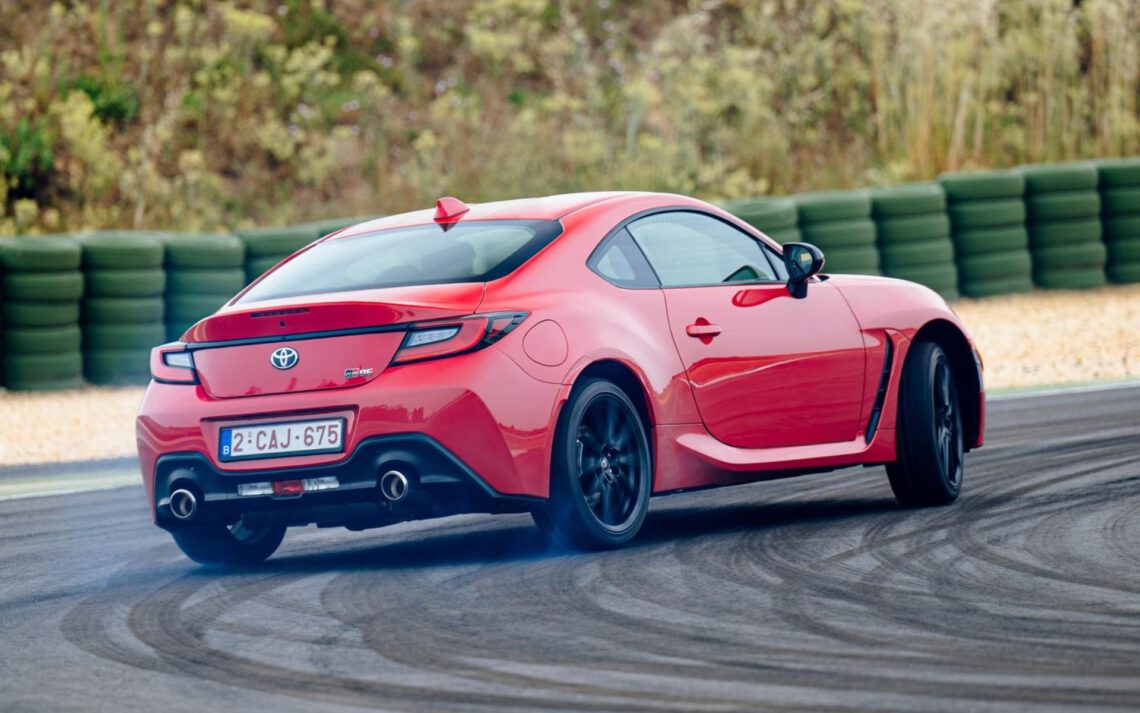Why car drifting isn’t good for your mileage
How does a car record the distance traveled?
Have you ever wondered how a car records the number of meters traveled? Does that happen with the help of GPS? Does the car take into account the number of wheel revolutions? And how detrimental is drifting to mileage? A lot of questions. In this article, we provide the answers, along with an Automotive Expert from the ANWB. His name: Jos van der Drift. How appropriate do you want it to be?
Drifting detrimental to mileage?
The main question of this article is: does drifting – that is, making the rear wheels spin on a rear-wheel drive car or all wheels on an AWD car – result in a car’s mileage increasing faster? The odometer reading is always updated live in the on-board computer while driving. How exactly is that?
Jos van der Drift, Automotive Expert ANWB
The redeeming answer comes from Jos van der Drift, Automotive Expert at the ANWB. He says the following: “The traditional operation of an odometer is based on recording the number of revolutions of the gearbox output shaft. Ultimately, the mileage is displayed mechanically and nowadays mainly electronically. In the modern generation of cars, the ABS sensor is used to measure the number of wheel revolutions and convert it to an odometer reading.”

Distorted view of mileage
Jos continues: “Simply put, a spinning wheel on a driven axle will travel a longer distance at that time as mentioned above than in reality. So frequent driving with spinning wheels will give a distorted image of the odometer reading. But by definition, the odometer reading has a deviation of usually 6 to 8 percent. A different tire size also has an impact. Even a tire with a brand-new tread versus a smooth tire will give a different rolling circumference.”
What about reversing?
The ANWB’s Automotive Expert emphasizes that total miles driven does not offer guaranteed accuracy. “When reversing, as a rule, that distance will not be measured, and with the older generation of cars, it was even counted backwards. So there are conceivable factors where the mileage recording is more anomalous than what is usual,” he said.

Enabled ESP system
Jos does ask the following question: “The question is whether driving with drifting wheels is in fact so common. Moreover, the ESP facility on duty – if present – will want to prevent this precisely by nature.” An engaged ESP system will indeed want to help the car regain balance. But on a lot of cars – especially enthusiast cars – ESP can be completely disabled and so, as a driver, you are completely “in control” of the vehicle, including how far the wheels spin.
GPS deviation
Jos: “By the way, modern car electronics will certainly record and store the kilometers driven to also be used for the various functions of the on-board computer. And ultimately, the registration of speed and distance driven is most accurate through a GPS receiver. This also explains the frequently heard comment that the navigation system displays a different speed and distance than the what is displayed in the instrument panel.”
Conclusion
The bottom line: regularly drifting a car does indeed result in higher mileage even though the car effectively did not travel those meters. The advice probably sounds very familiar to you: enjoy in moderation.


